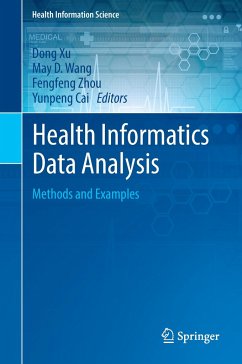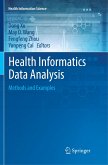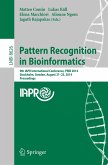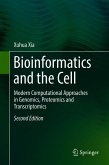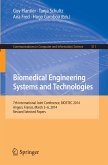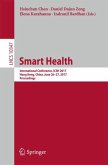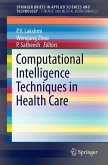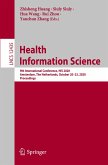This book provides a comprehensive overview of different biomedical data types, including both clinical and genomic data. Thorough explanations enable readers to explore key topics ranging from electrocardiograms to Big Data health mining and EEG analysis techniques. Each chapter offers a summary of the field and a sample analysis. Also covered are telehealth infrastructure, healthcare information association rules, methods for mass spectrometry imaging, environmental biodiversity, and the global nonlinear fitness function for protein structures. Diseases are addressed in chapters on functional annotation of lncRNAs in human disease, metabolomics characterization of human diseases, disease risk factors using SNP data and Bayesian methods, and imaging informatics for diagnostic imaging marker selection.
With the exploding accumulation of Electronic Health Records (EHRs), there is an urgent need for computer-aided analysis of heterogeneous biomedical datasets. Biomedical data isnotorious for its diversified scales, dimensions, and volumes, and requires interdisciplinary technologies for visual illustration and digital characterization. Various computer programs and servers have been developed for these purposes by both theoreticians and engineers.
This book is an essential reference for investigating the tools available for analyzing heterogeneous biomedical data. It is designed for professionals, researchers, and practitioners in biomedical engineering, diagnostics, medical electronics, and related industries.
With the exploding accumulation of Electronic Health Records (EHRs), there is an urgent need for computer-aided analysis of heterogeneous biomedical datasets. Biomedical data isnotorious for its diversified scales, dimensions, and volumes, and requires interdisciplinary technologies for visual illustration and digital characterization. Various computer programs and servers have been developed for these purposes by both theoreticians and engineers.
This book is an essential reference for investigating the tools available for analyzing heterogeneous biomedical data. It is designed for professionals, researchers, and practitioners in biomedical engineering, diagnostics, medical electronics, and related industries.
"It would be nice to enhance the examples presented throughout the book with a more detailed step-by-step guide for non-experts in the medical domain, including a reader-friendly analysis and interpretation of the results obtained along with a summary of lessons learned." (Sergio Ilarri, Computing Reviews, April, 2018)

